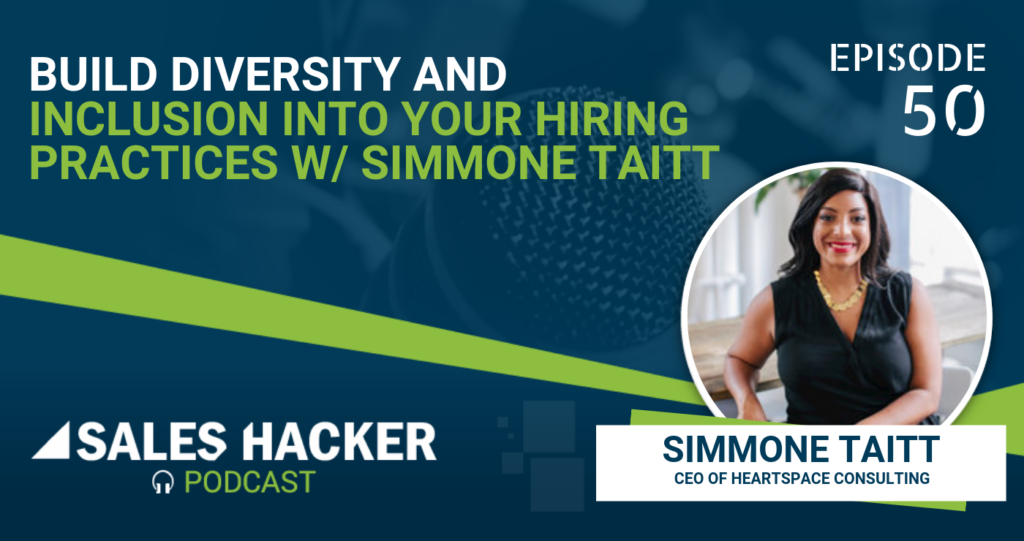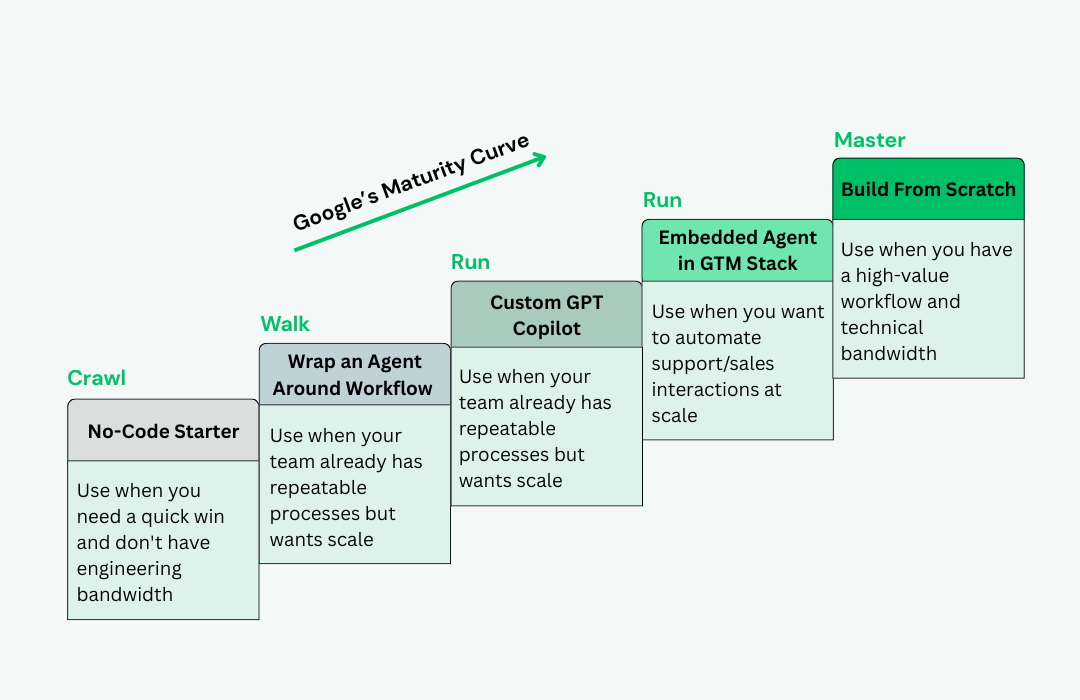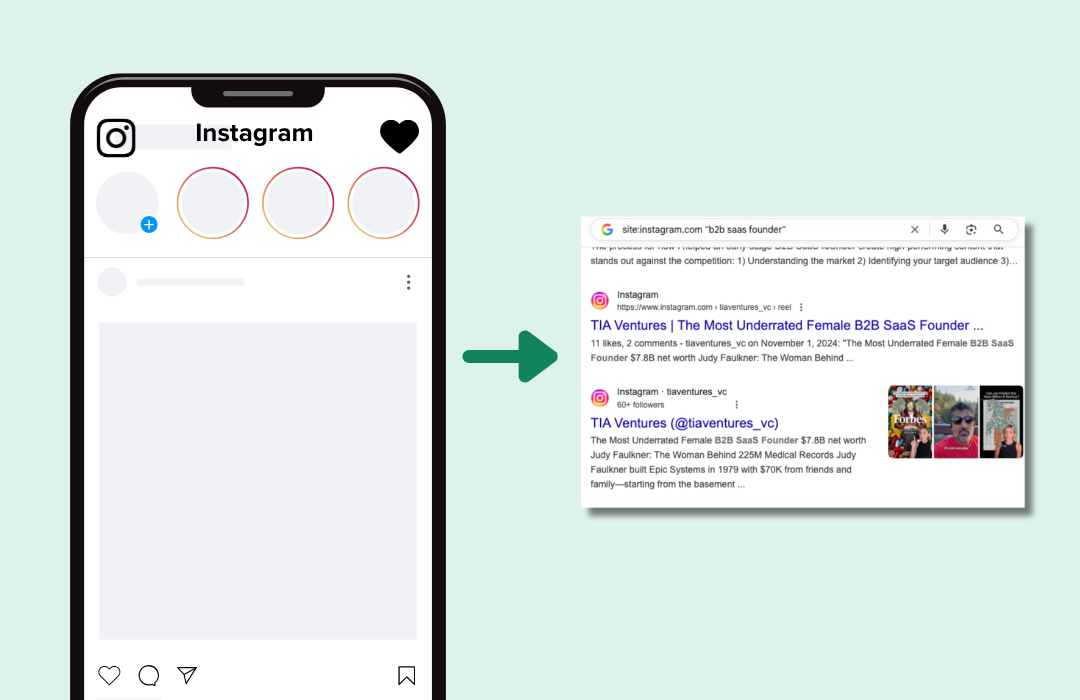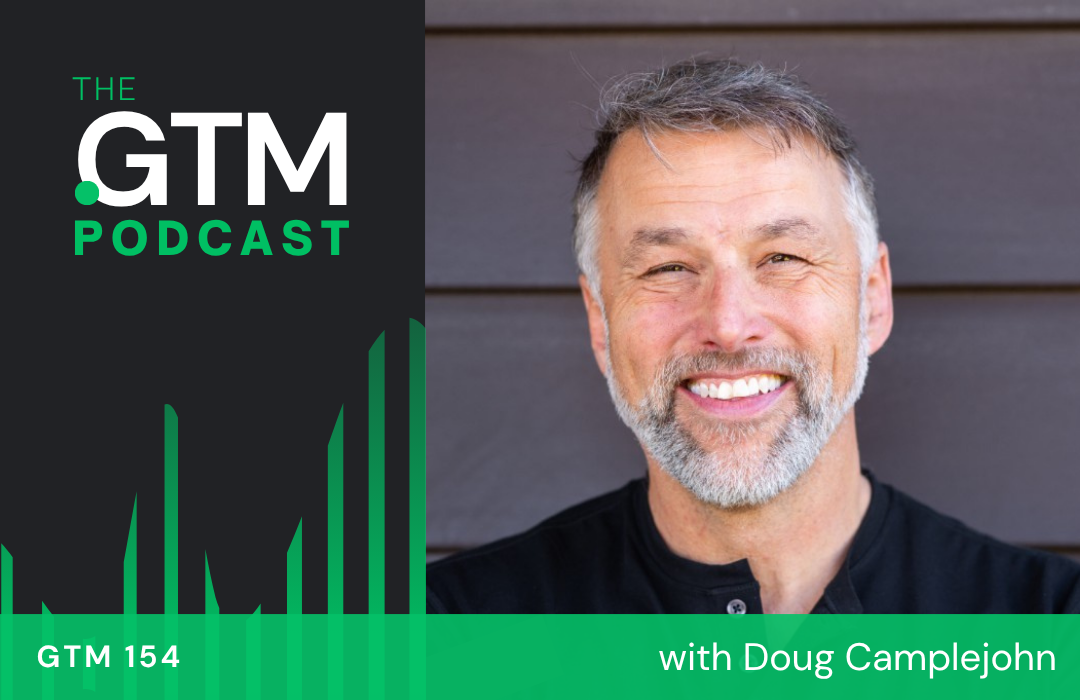This week on the Sales Hacker podcast, we interview Simmone Taitt, CEO of HeartSpace Consulting, and a longtime sales leader and consultant in the New York community. Simmone talks about her experience building Gilt City and Kidpass as a woman of color and how she advises companies to build diversity and inclusion into their hiring practices and sales teams.
If you missed episode 49, check it out here: PODCAST 49: KPIs to build World-class Customer SuccessOrganisation w/ Roger Scott
What You’ll Learn
- How intuition and heart can be built into a sales organization
- How to build diversity into your hiring practices
- The key questions to ask as you seek to build an inclusive work culture
- Why leading with your heart will help build a great company
- How being a woman of color can impact your career and what to do about it
Subscribe to the Sales Hacker Podcast
Show Agenda and Timestamps
- Show Introduction [00:09]
- About Simmone Tait: An Introduction [02:55]
- Follow Your Gut [06:35]
- Workplace Prejudice [28:20]
- How to Increase Revenue by 19% [36:37]
- Being Better [43:57]
- Sam’s Corner [50:09]
Show Introduction
Sam Jacobs: Welcome to the Sales Hacker Podcast. We’ve got a great show for you today. We’ve got Simmone Taitt who runs Heart Space. Simmone’s also a person of color and we talk a little bit about building diversity into your hiring practices and your company. Simmone has a lot of insightful comments and a lot of important insights about how exactly to do that and how to make sure that you’re leaning into diversity and not just paying lip service to it. She talks about how companies that embrace diversity tend to generate 20% more revenue per year than competitive companies that do not embrace diversity.
Now of course, we want to thank our sponsors. The first is Chorus.ai. Chorus records, transcribes, and analyzes business conversations in real time to coach reps on how to become top performers.
Our second sponsor is Outreach.io. They are the leading sales engagement platform. Outreach supports sales reps by enabling them to humanize communication at scale and by automating the manual work.
About Simmone Tait: An Introduction
Sam Jacobs: We are incredibly excited today to have Simonne Taitt on the show. Simmone is a recent new member of The New York City Revenue Collective, but more importantly, she is an acknowledged sales innovation and growth strategy leader here in the New York tri-state area. Simmone welcome to the show.
Simmone Taitt: Thanks so much, Sam. I’m really excited to be here.
Sam Jacobs: Well, the excitement is mutual. We know that your name is Simmone Taitt, and we know that you’re the founder and principal of Heart Space NY Consulting, but what is Heart Space NY Consulting and tell us a little bit about your mission and about what you’re focused on and how you do what you do.
Simmone Taitt: Heart Space is really a passion project. I’m an advisor at some of the best tech accelerators here in New York. When I launched Heart Space, it was with the intention of, instead of being at a company for one or two or three years, doing this to have an impact across multiple companies. Working with startups and also having specific projects or goals that you work toward, staying in the trenches with our clients, was really important to me. And core to the mission was also putting the heart in how we lead, and where we should be leading from, and putting teams together in those first days. Having that as a part of the mission to help companies think from an intuitive sense, to be able to tackle whatever issues they’re having up front in the sales cycle and growth, and to also put a focus on the people.
Follow Your Gut
Sam Jacobs: You’ve mentioned intuition and you’ve mentioned the heart. What are the specific tactics that you’re introducing to your clients that bring this element of empathy into the consulting that you’re doing?
Simmone Taitt: There are a lot of leaders who want to lead from an intuitive place. It doesn’t necessarily mean that it’s part of everyone’s DNA, and I do recognize that. If someone were to ask me, what is my superpower? My superpower is intuition. Making decisions that make sense for a company that are not always tied to the top or the bottom line, that are not always tied to pressure from the board or VCs, but that are intuitive and in sync with where your business is today and where it needs to go.
As a leader, sometimes following your intuition can be a risk, but that gut sense, which is another word for intuition, really leads me. It’s led some of my best managers that I’ve had and CEOs and founders that I’ve observed over these many years, and so intuition is super important.
Empathy is a big part of that, making decisions in those early days and as the company evolves that put people at the center of the decisions that you’re making, for a healthy ecosystem.
Workplace Prejudice
Sam Jacobs: As a woman, and as a person of color, in a male-dominated industry, what’s been your experience?
Simmone Taitt: I have to be honest, you couldn’t tell me that I was being treated any differently in those early years. I was totally unleashed and felt such a sense of autonomy. There were very few times that I was getting a “no” to either my ideas, or things that I wanted to pursue, or anything that I wanted to introduce as a new way of selling, to when I started managing people.
Some blatant discrimination started to occur as I went from being a salesperson, an individual contributor, to going on that career jungle gym into leadership positions. It became really apparent when I spent some time in enterprise sales for a pure tech company, very apparent when I was dealing with and working with companies that were not as progressive that have been around forever. Customers wouldn’t even take meetings with me unless I had my founder or a counterpart who was either a white male or a white woman with me.
I’ll use two examples, one internal and one external.
I understand numbers very well. I had a weekly meeting with business analysts in which I had to present. Every single week the same person, who happened to be a white man, would question my numbers, week after week. Now I was managing a thriving team, but at some point it felt very intentional. Then I realized, I don’t even think he knows he’s doing this, which is where I learned what unconscious bias was.
In another instance I was sitting in an executive meeting, and my laptop had a sticker with the word “girls” in it. The CTO slams his computer shut and said, “I’m not going to sit in this meeting with a sticker like that because that’s not what this company is. What if I had a sticker that said, blank, blank, white male?” I ended up leaving that company about a month later.
How to Increase Revenue by 19%
Sam Jacobs: I have two questions. I’m a white man. What’s your advice to folks like me who want to bring empathy and heart into every interaction that I can?
And what’s your advice for how we should address unconscious bias and how we should try to ensure that we don’t offend somebody unintentionally?
Simmone Taitt: I am one voice. I am one voice and I am representative, but I am one voice and I think that’s exactly where it starts.
You need to be managing to the individual, really understand people on your team and what drives them, what encourages them, what rewards them. I look at building diverse teams and focusing on diversity almost exactly the same. I don’t mean just racially diverse, I mean diverse backgrounds, socioeconomic backgrounds, schools.
It really starts in how you’re hiring. I’m going to debunk something, it is not a pipeline issue. It is a hiring issue when you get to hiring managers, middle management, through the interview process. Unconscious bias is a part of all of us. There are stereotypes and influences that we’ve had our entire lives and so it starts from self. It starts from you, knowing that you may have an unconscious bias or a few. Really understanding that and being aware, I think is definitely the first step.
Secondly, it is how you are hiring and asking those questions in the interview process. That’s not isolating someone with a more diverse background or someone that looks different than everyone else on the team, but making sure that you’re uncovering and being really honest about having a diverse company, or working really hard to make that happen.
Having uncomfortable conversations is not always a liability. It takes a good manager, and good leadership, colleagues, and peers. We are living in the same world as you. We might view it differently, but we are all sharing this space, having those conversations, being very intentional in the conversations with an endpoint of we are lacking diversity. That is an issue for us, because it does truly affect revenue.
Forbes had a great article last summer. The Boston Consulting Group interviewed 1,700 companies.Those with a diverse team have 19% higher revenue than other companies that don’t have diverse teams. It actually directly affects the top and bottom line.
Being Better
Sam Jacobs: I think that’s some of the challenge, which is trying to understand where am I overstepping, where is it appropriate, and how do I develop a sense of confidence?
Simmone Taitt: The one big thing is I have to encourage myself every day to show up as my authentic self. So, I encourage everyone around me to do the same. You’re totally right, it goes beyond professional, it goes beyond your office work environment. It is how you are showing up every single day as a global citizen, as a person that is walking through this world with hopefully other people who are also striving to be their most authentic selves.
When you are able to get to that point, and it’s evolving, but when you are there, you certainly cannot control anyone else’s responses, but you can control how you show up. You can constantly and consistently be the person who is showing up and saying that doesn’t feel right, that doesn’t look right, that’s not sitting well with me, we need to do more diversity training. Really being intentional both in your home space and also in your workspace only comes from when you’re showing up as your authentic self.
It doesn’t make it any easier just because I’m saying be authentic. I want you to be authentic so that I know where we connect, or where we do not connect at all.
Here’s a really practical thing, in the US, about 10% of board seats are not filled, yet they are less than 10% of women on for profit boards. What if these board seats were filled with women, women of color, people of color in general, making diversity really matter at the board level? I mean, I gave this data about the 19% more revenue for companies that invest in diversity. Can you imagine what would happen at the board level?
Even speaking engagements, making sure that there are women on panels. I went to a sales conference a couple of years ago for about 350 executives. They didn’t even have a woman as the moderator. There were no women at all on any of their panels all day long. I just said, “I am not spending company money or coming to another conference unless I know I’m sitting on a panel, I’m speaking, or there’s someone who looks like me participating in that way.” When we make those commitments, we can be intentional that way.
Sam’s Corner
Sam Jacobs: Hi, everybody it’s, Sam corner, a really interesting and powerful conversation with Simmone Taitt, who runs Heart Space NY Consulting. We talked a lot about this question of diversity.
Things We Learned:
- How intuition and heart can be built into a sales organization
- How to build diversity into your hiring practices
- The key questions to ask as you seek to build an inclusive work culture
- Why leading with your heart will help build a great company
- How being a woman of color can impact your career and what to do about it
Don’t Miss Episode 51
Now, if you wanna check out the show notes, see upcoming guests, or play more episodes from our incredible lineup of sales leaders, visit gtmnow.com/podcast-subscribe. You can also find the Sales Hacker podcast on iTunes or Stitcher. If you enjoy this episode, please share with your peers on LinkedIn, Twitter, or elsewhere.
If you’ve got a great idea or a guest for the show, if you wanna get in touch with me, find me on Twitter or on LinkedIn. Finally, thanks again to our sponsors: Chorus the leading conversation intelligence platform for high growth sales teams, and Outreach the leading sales engagement platform.







